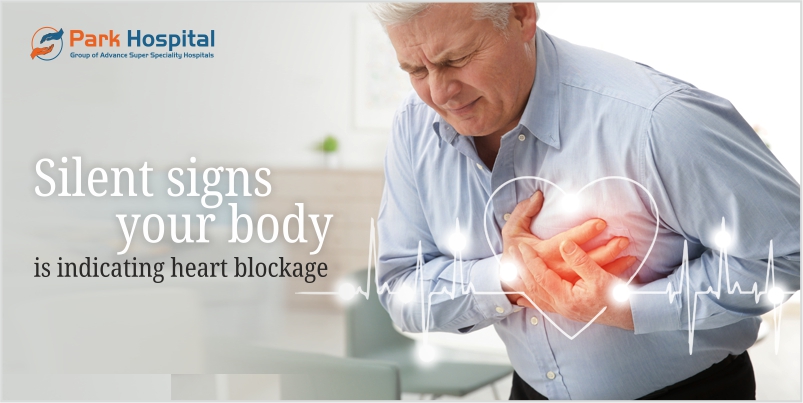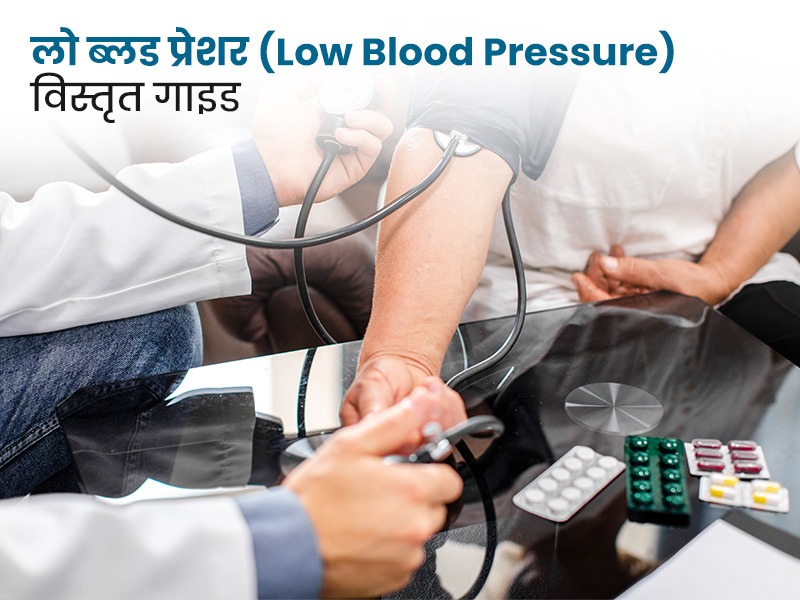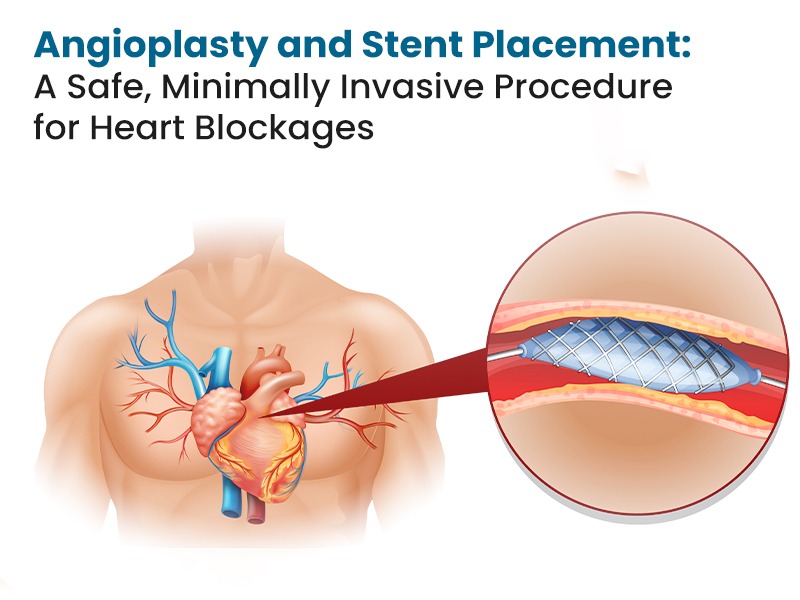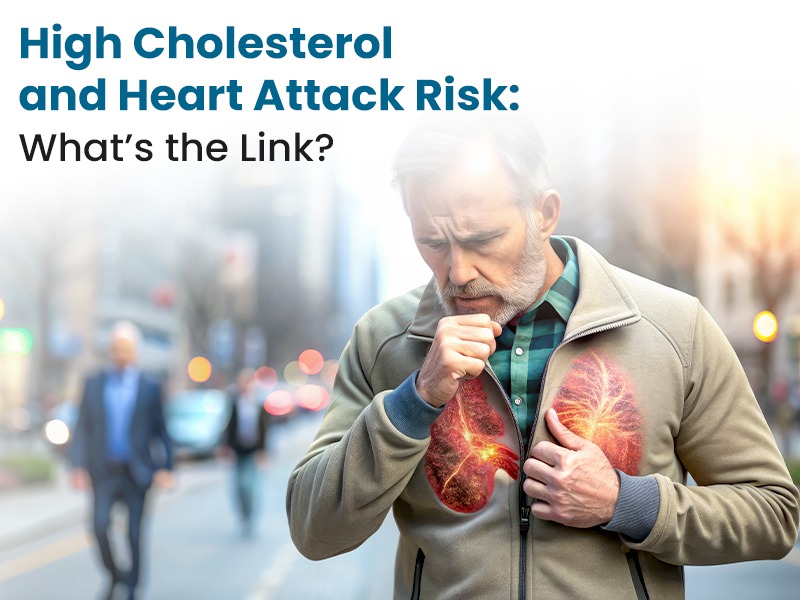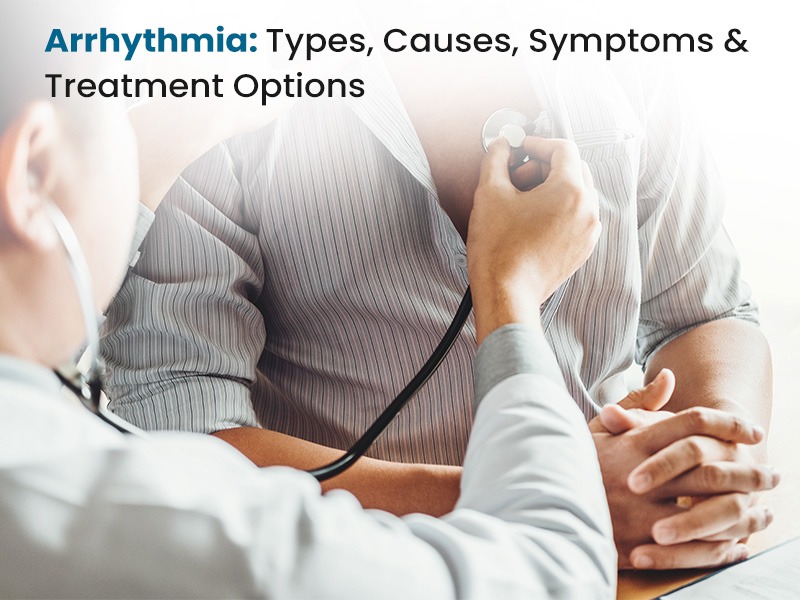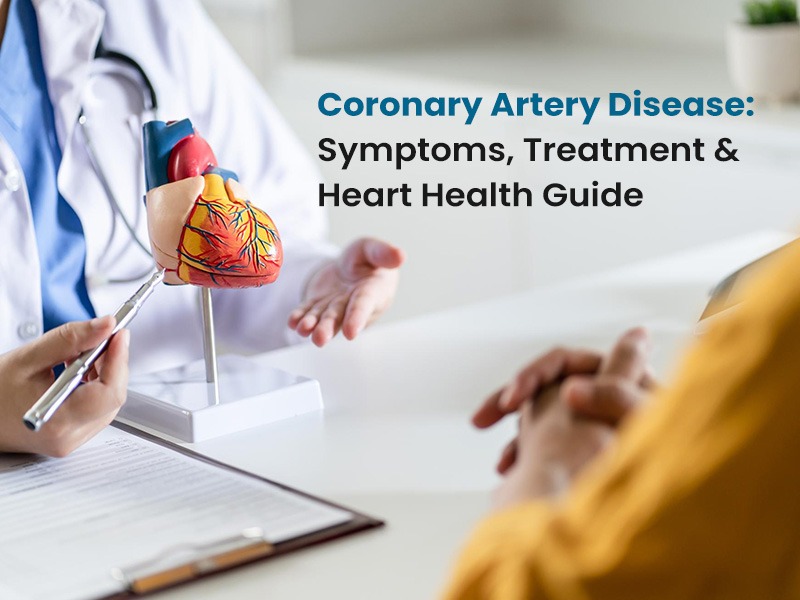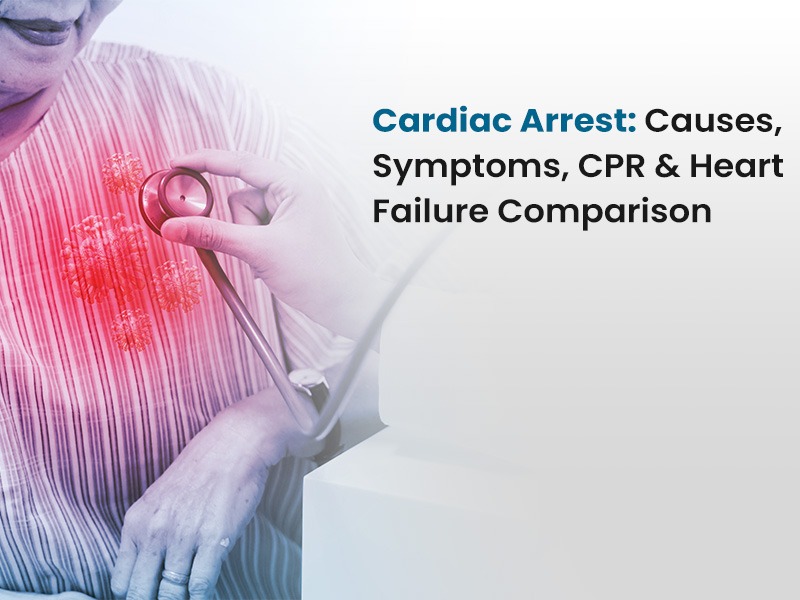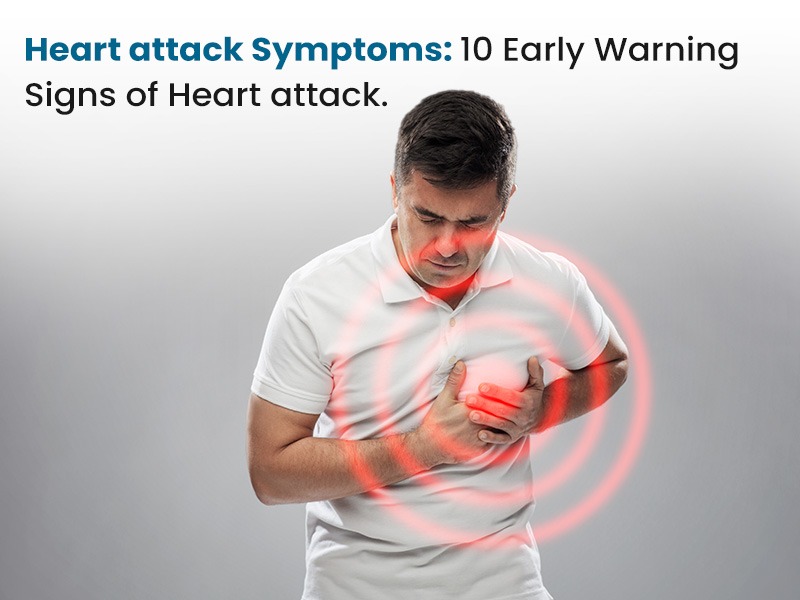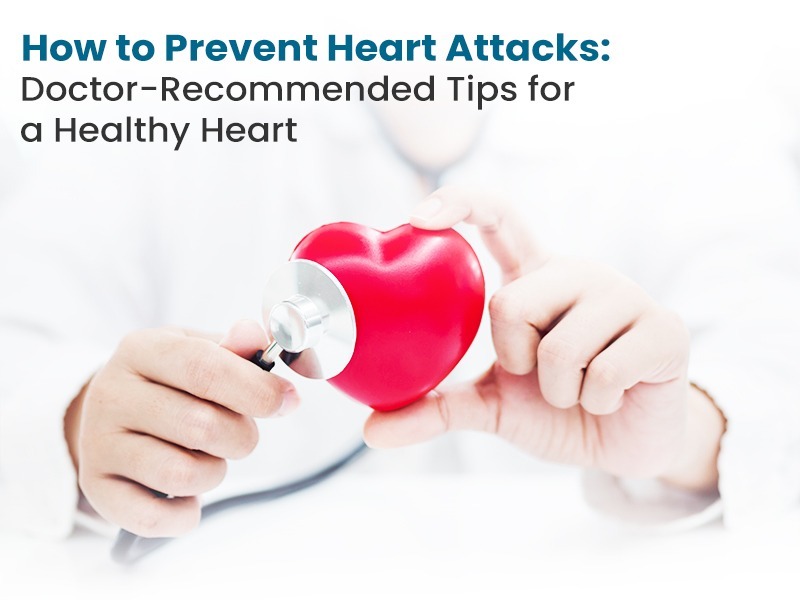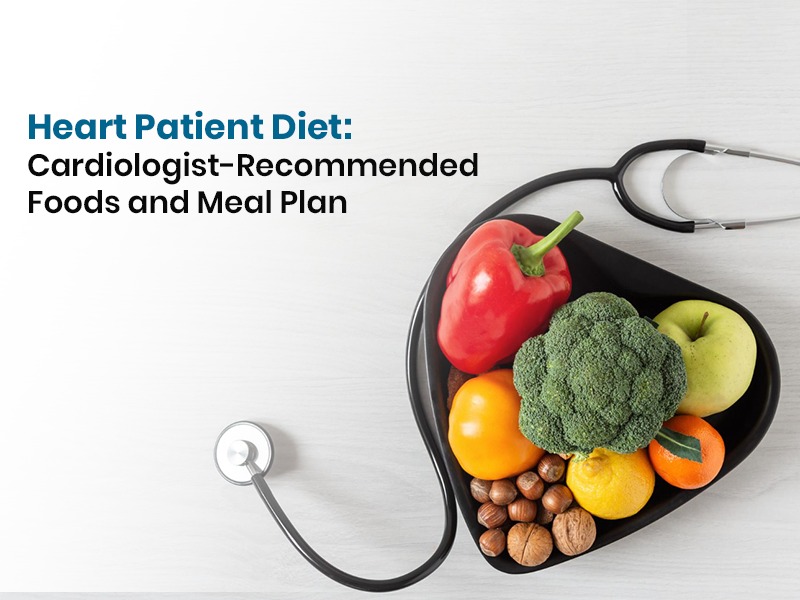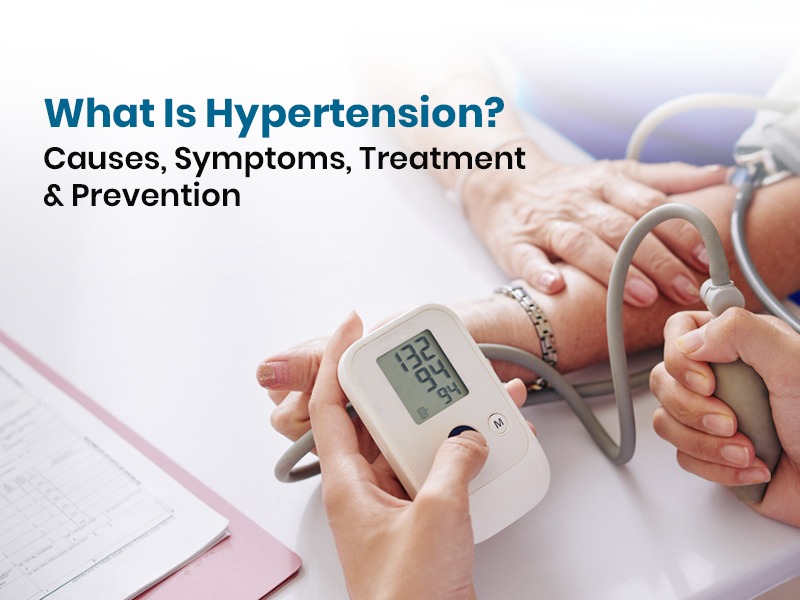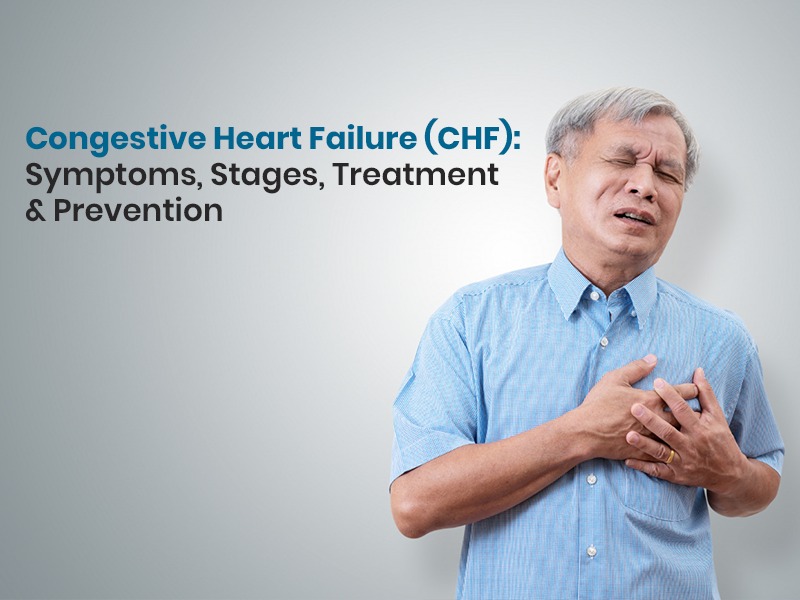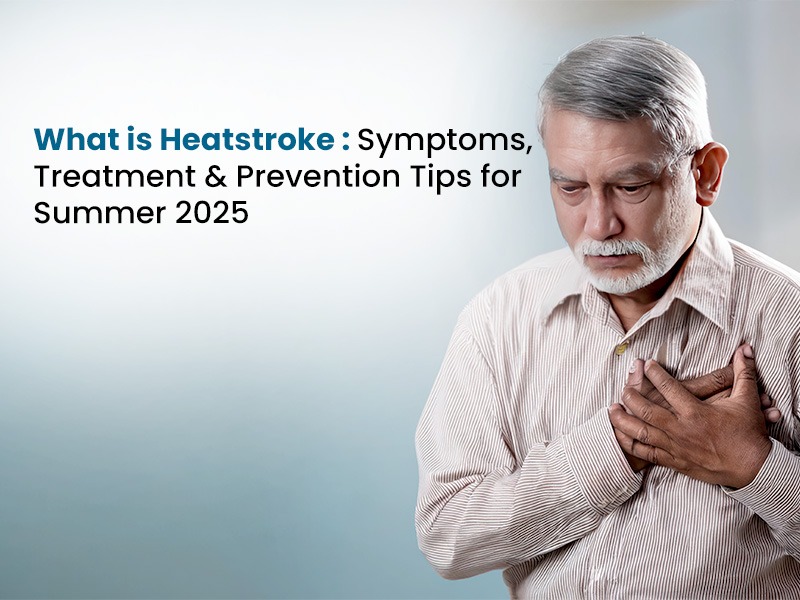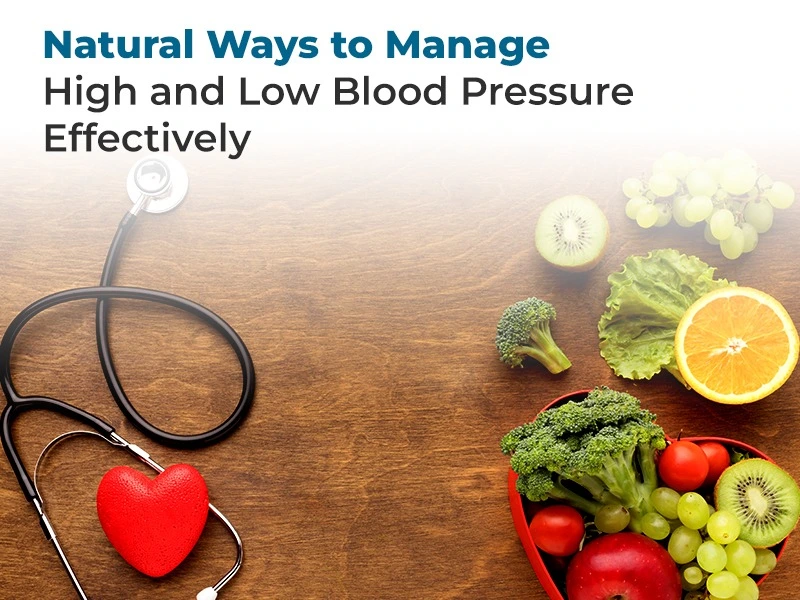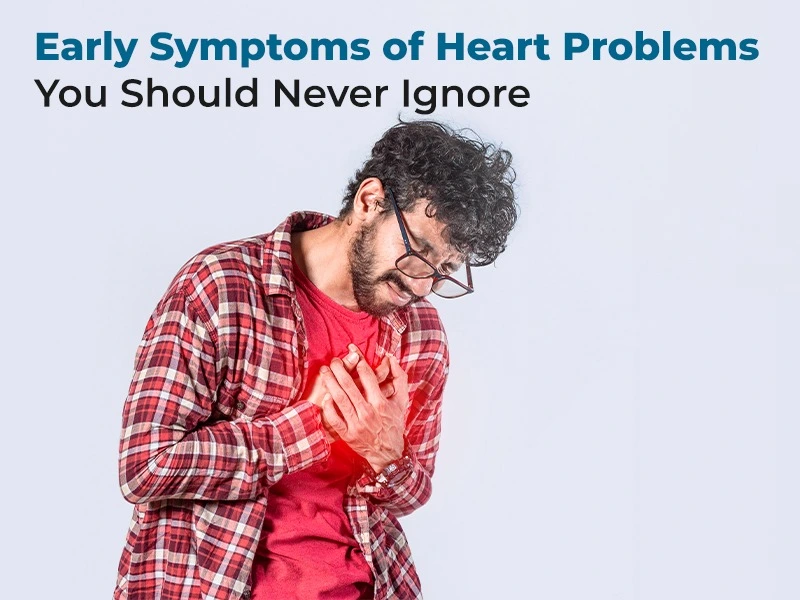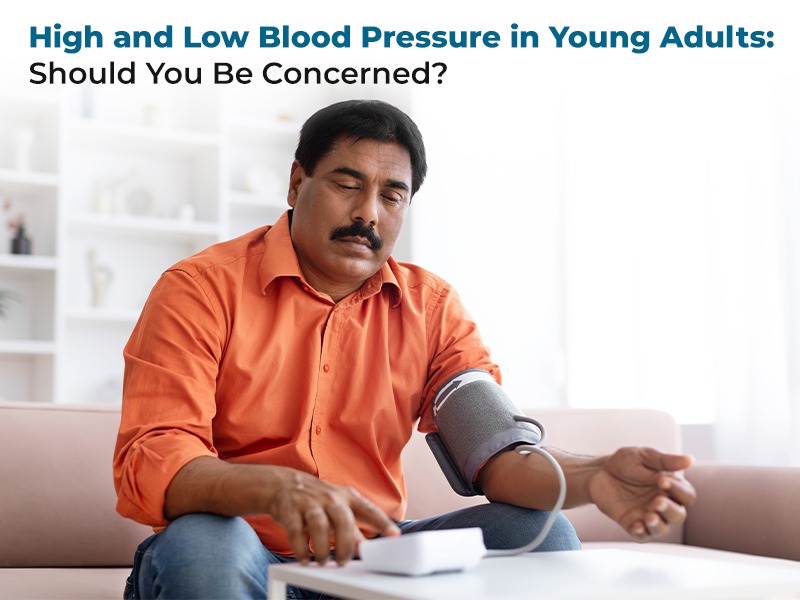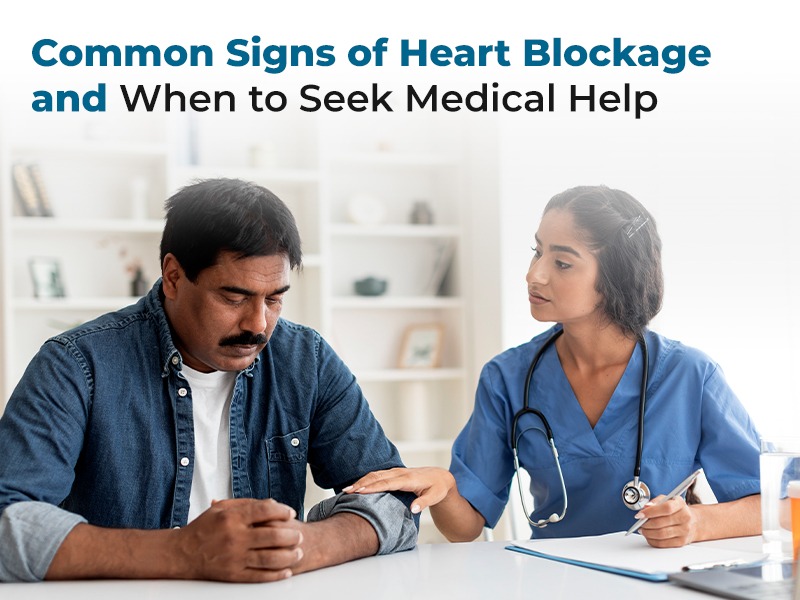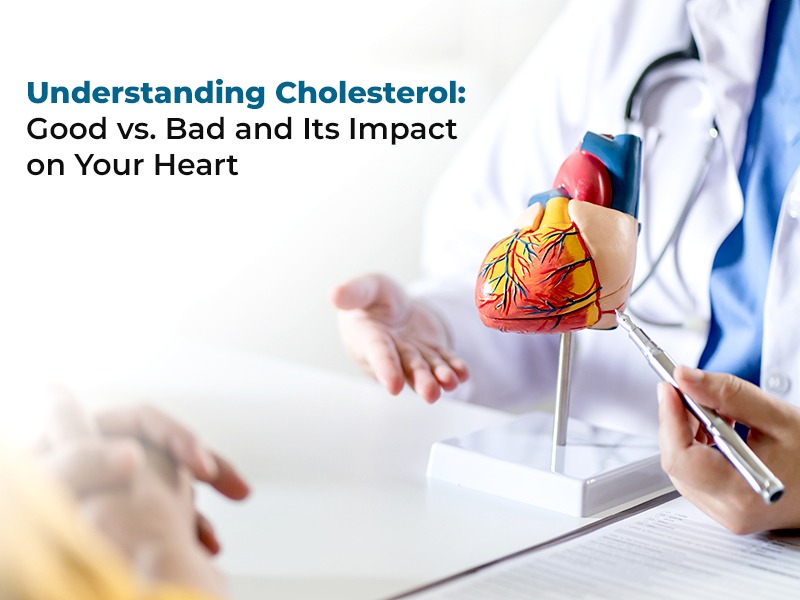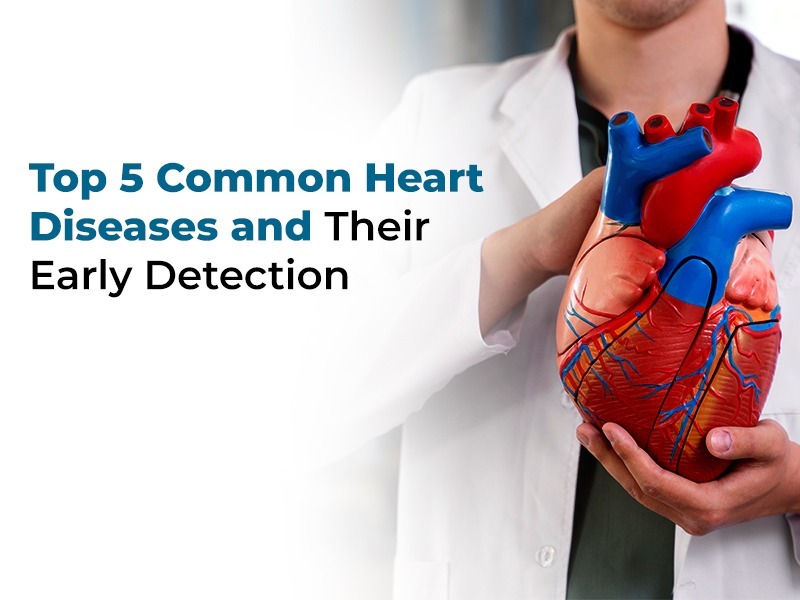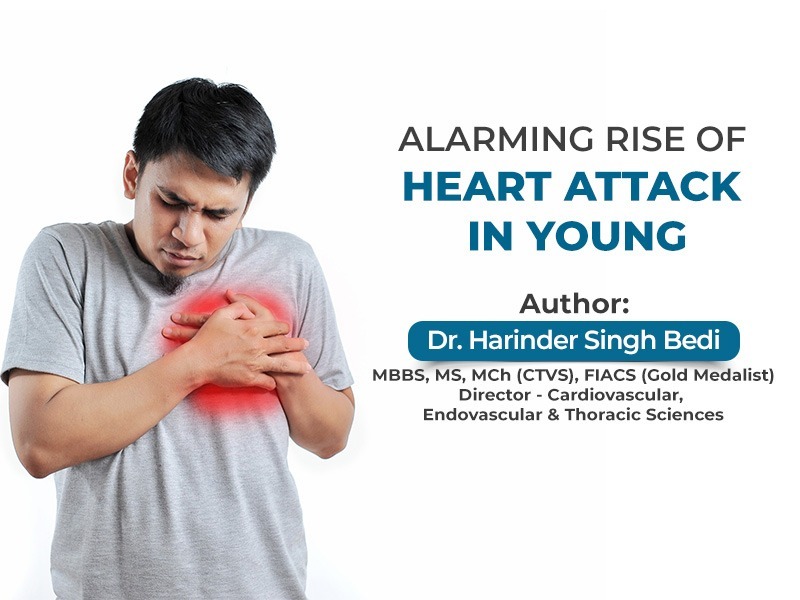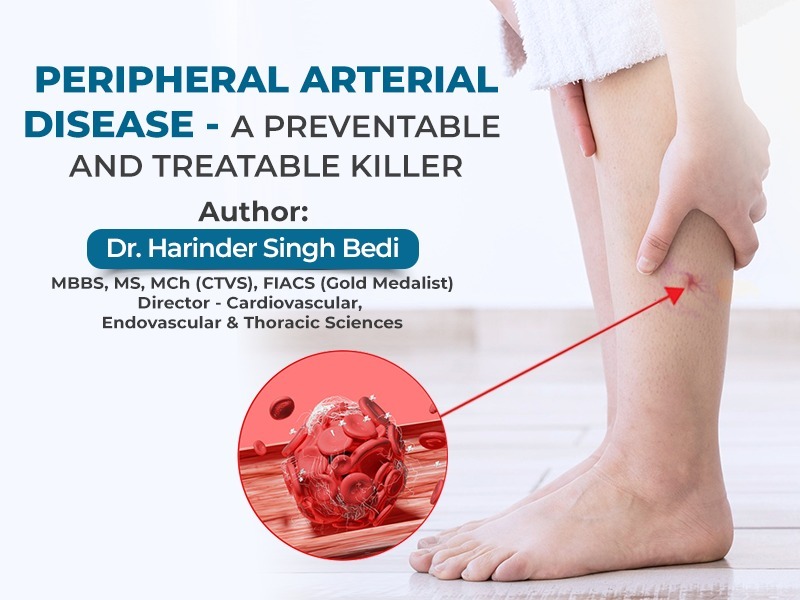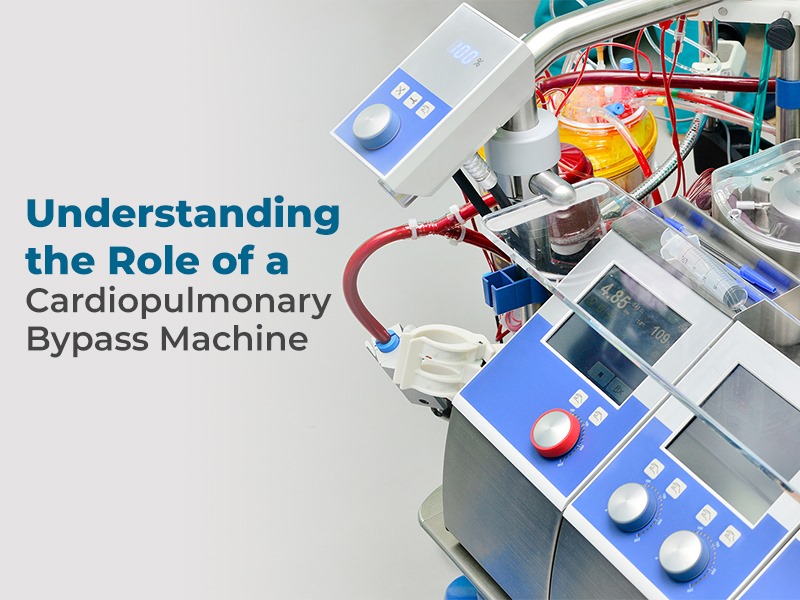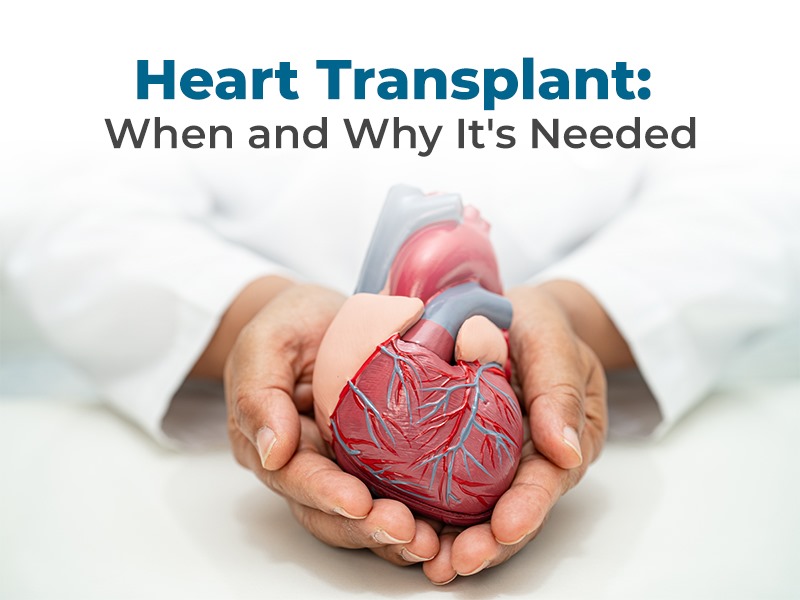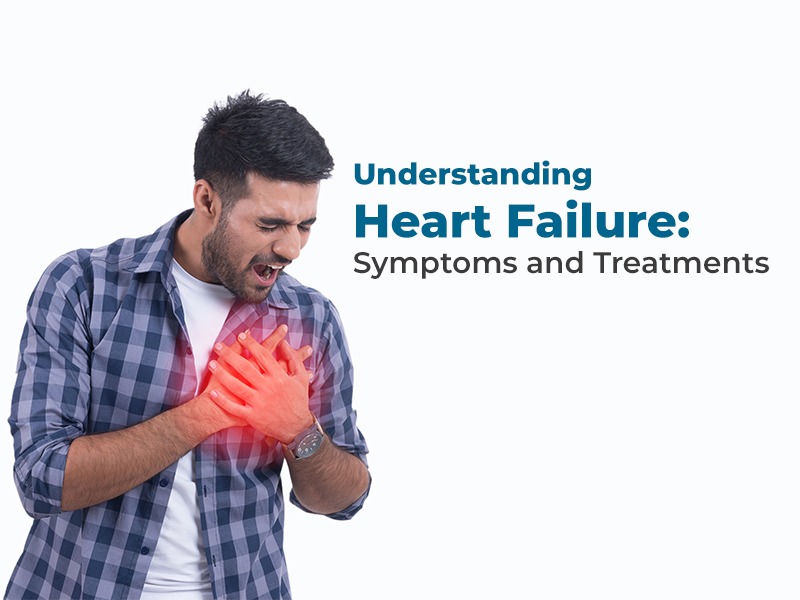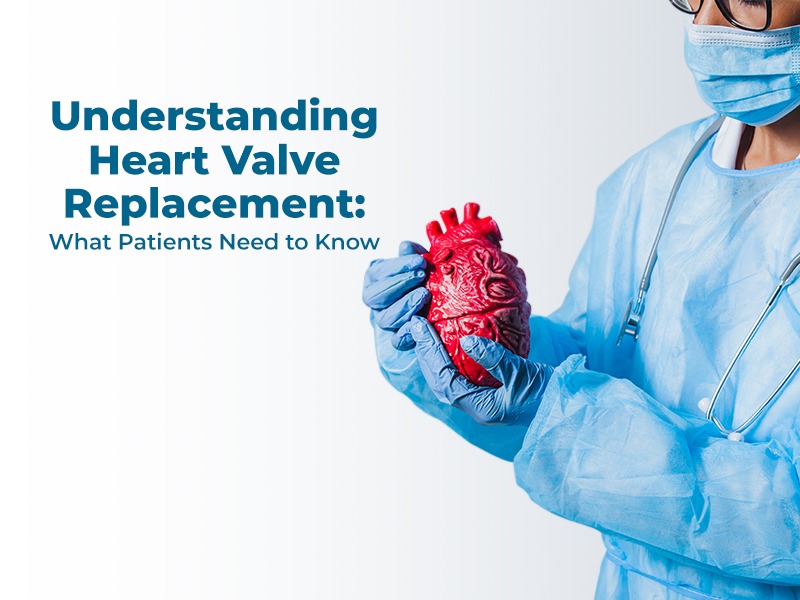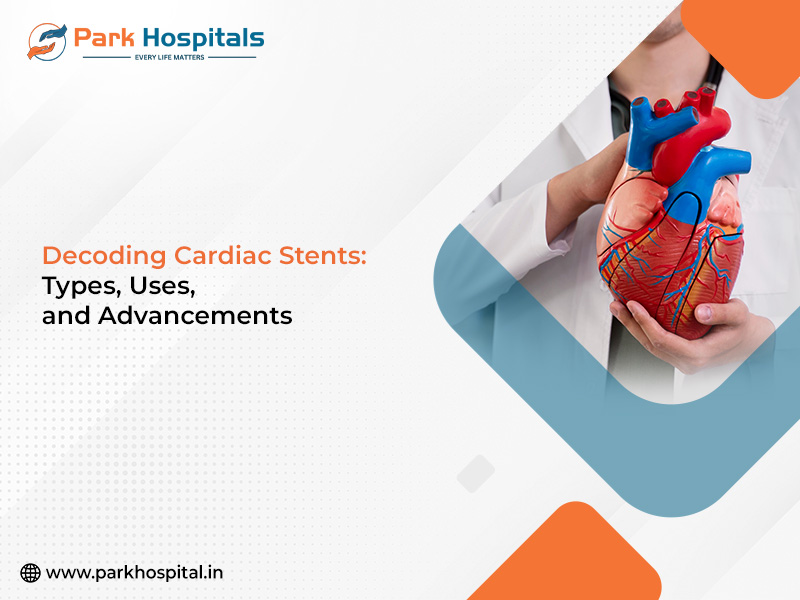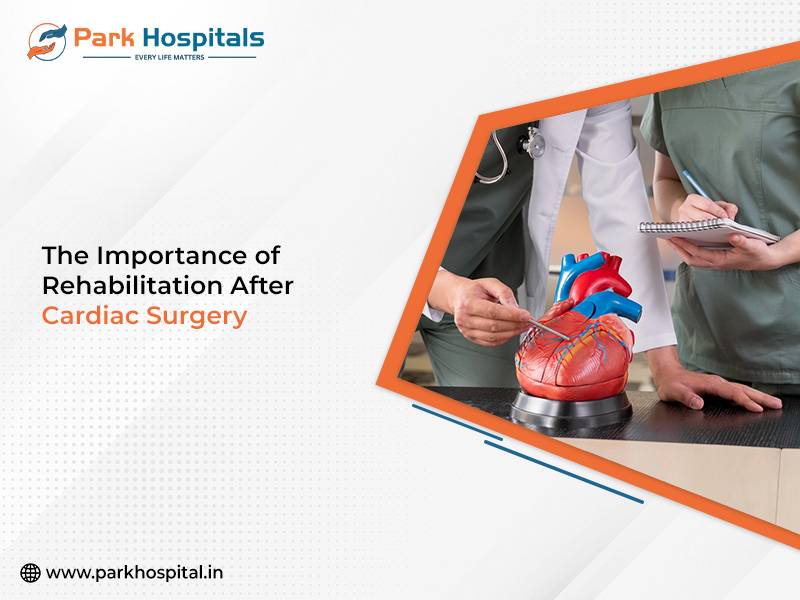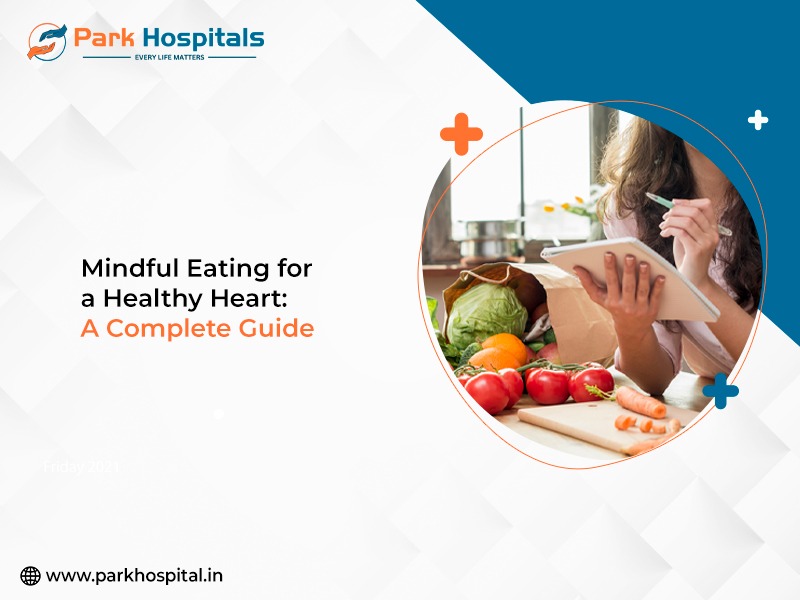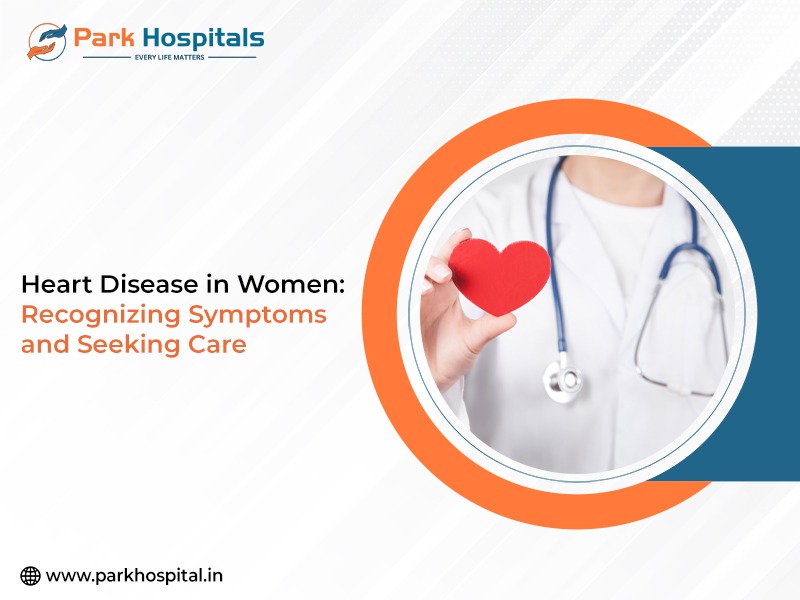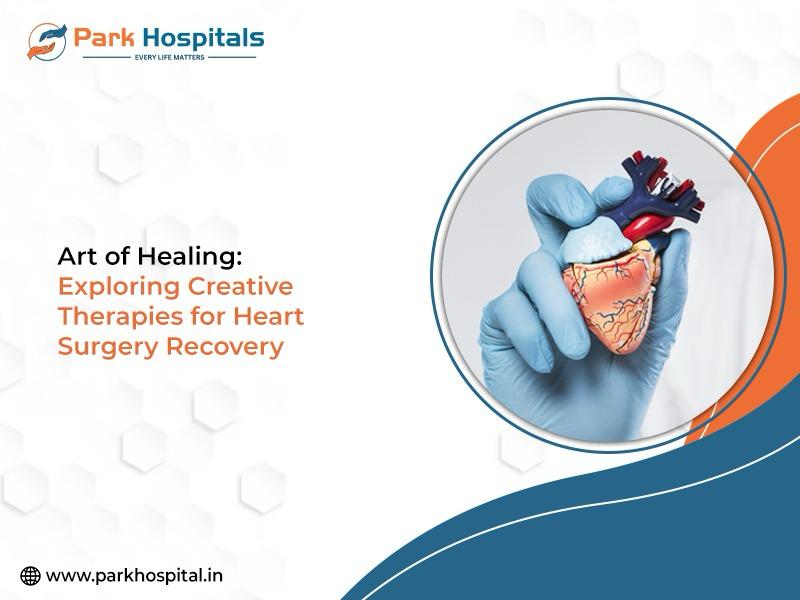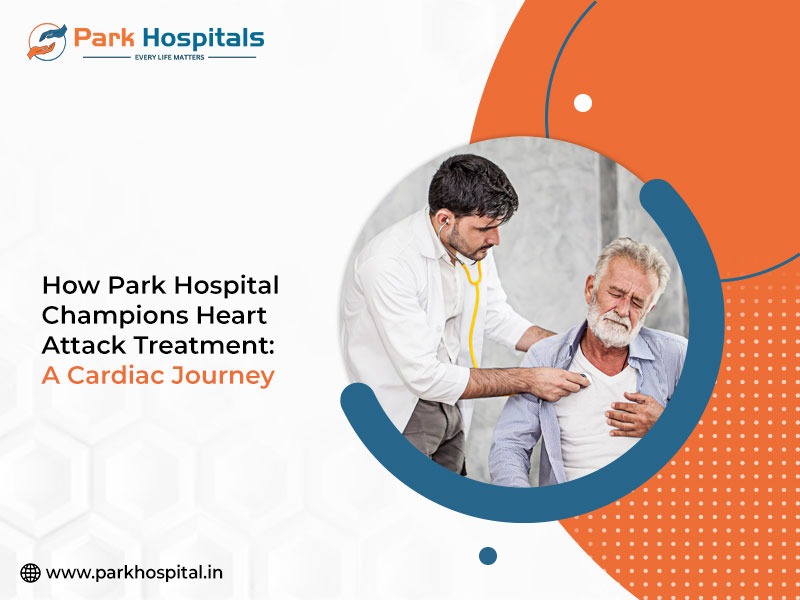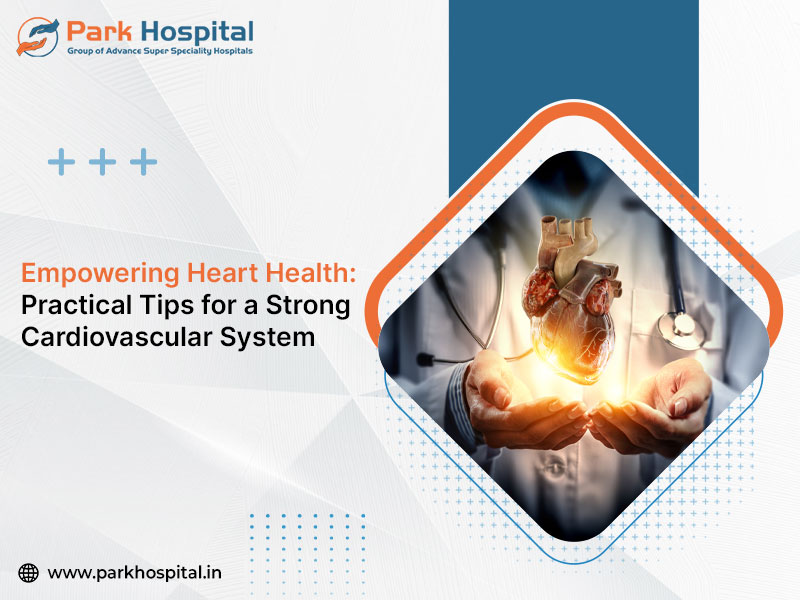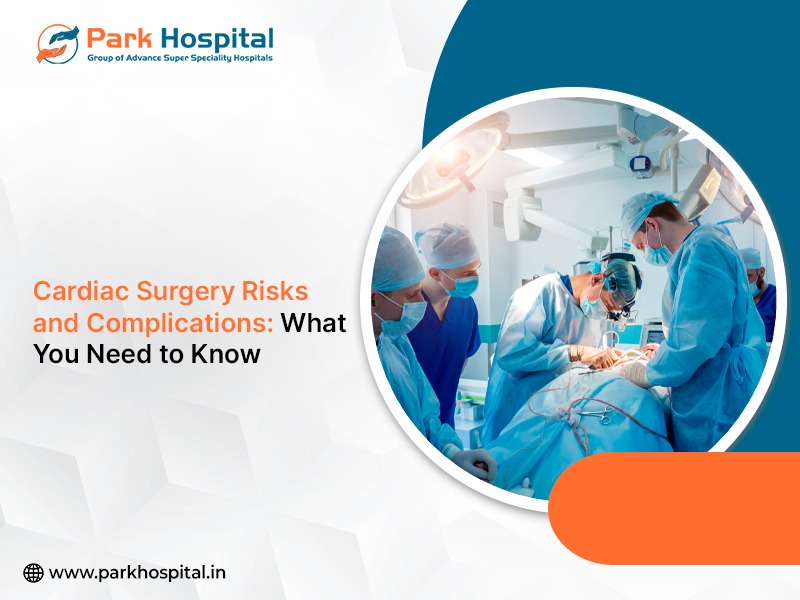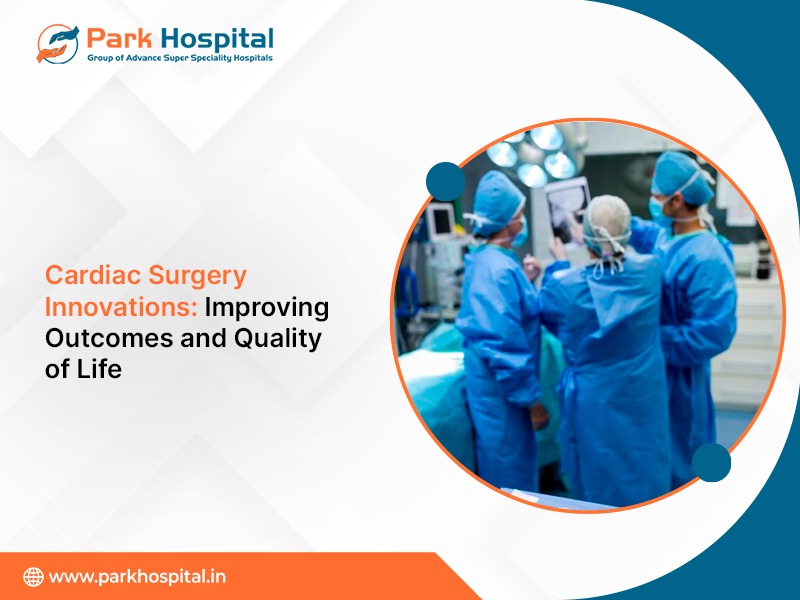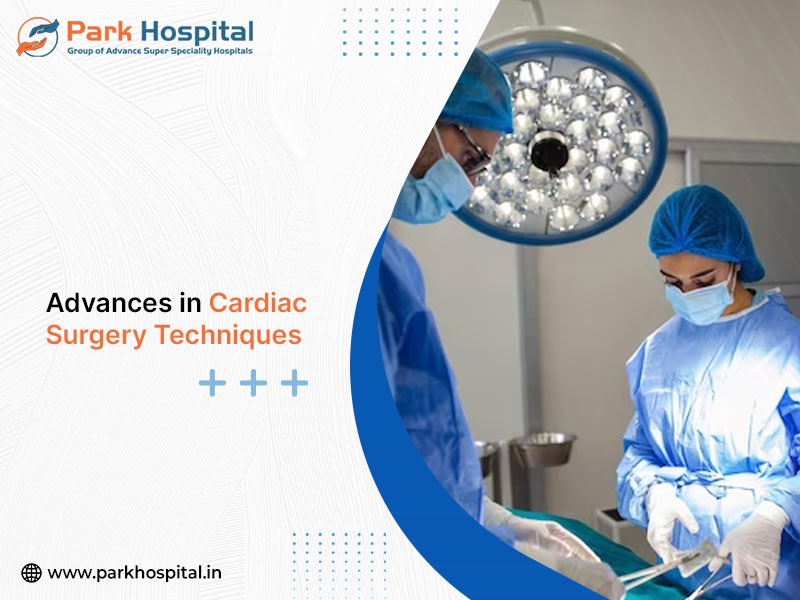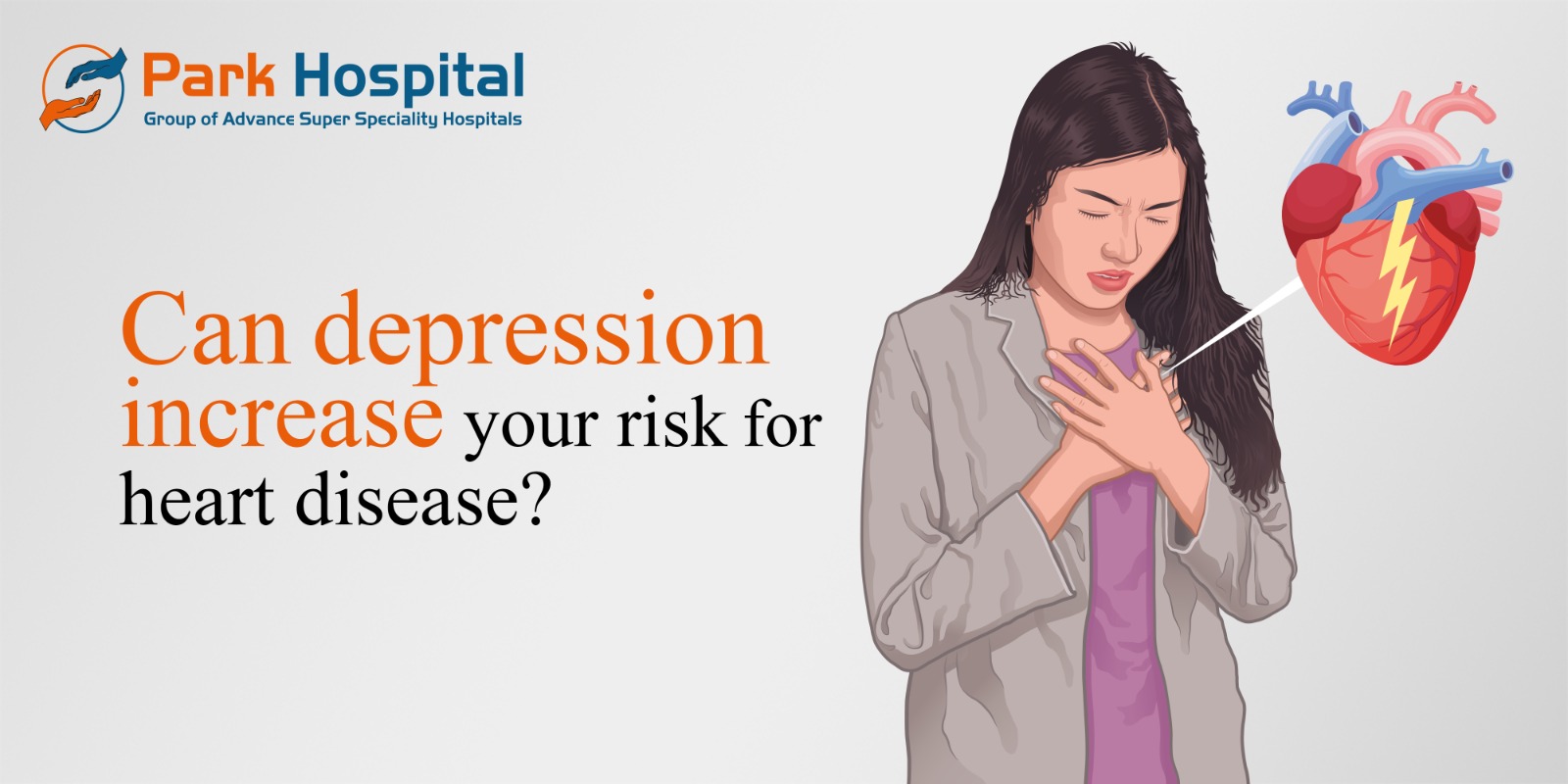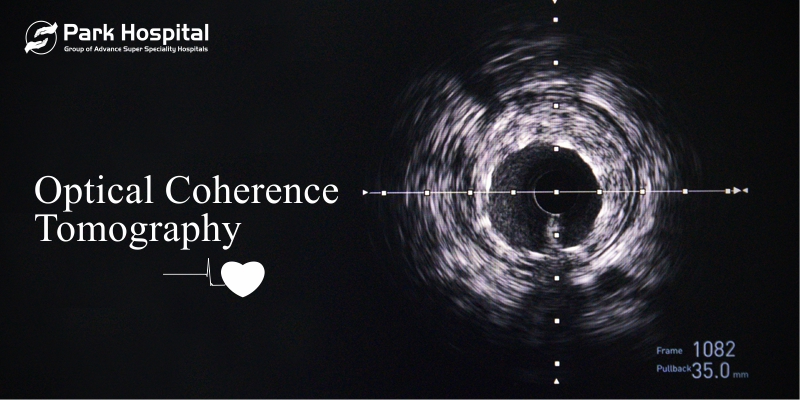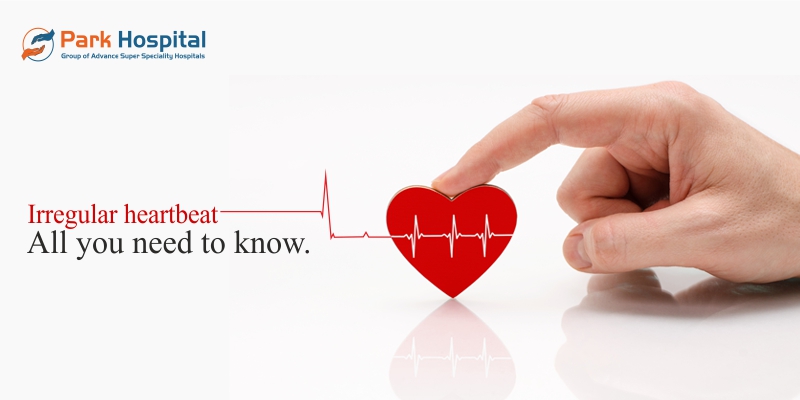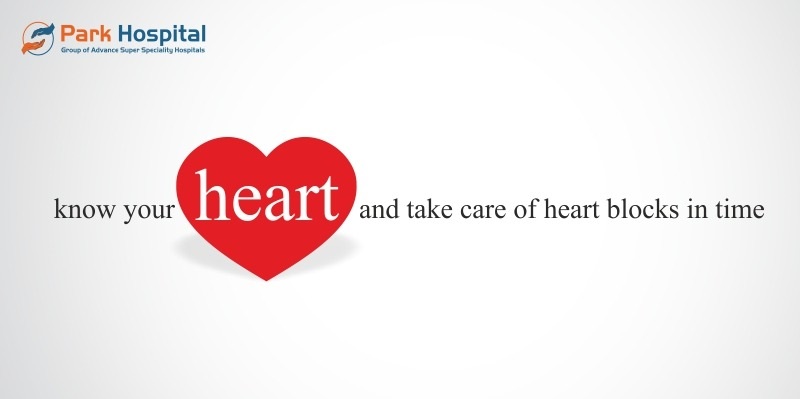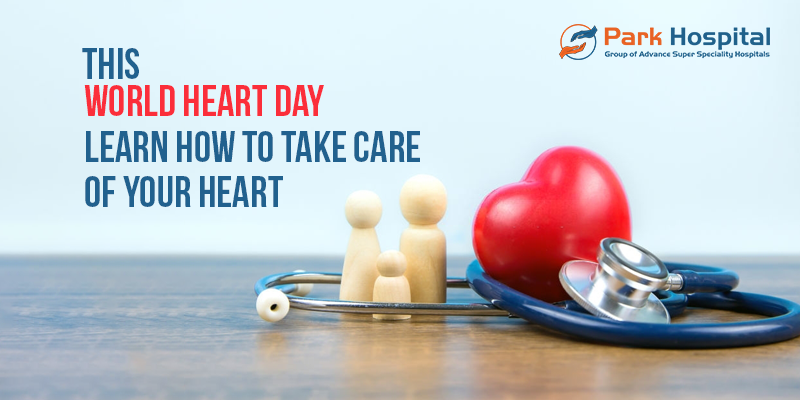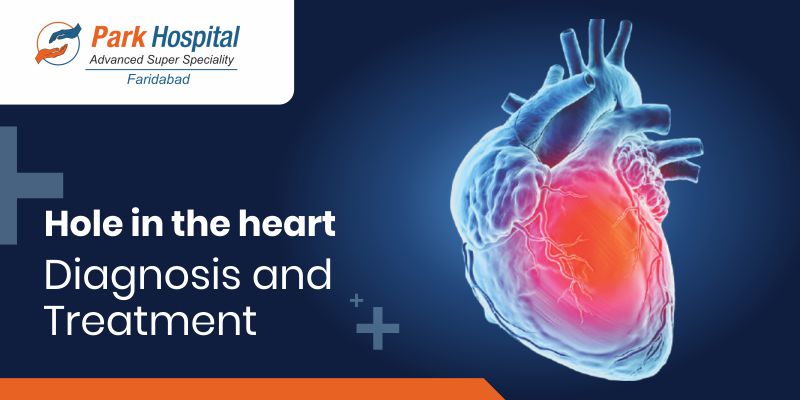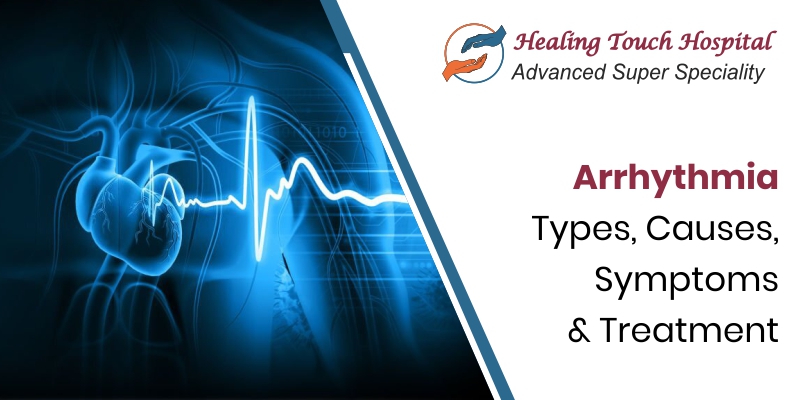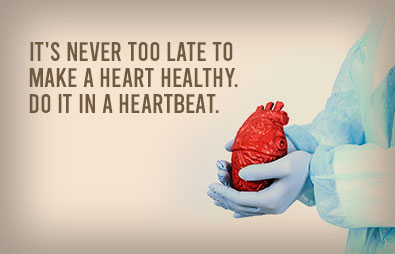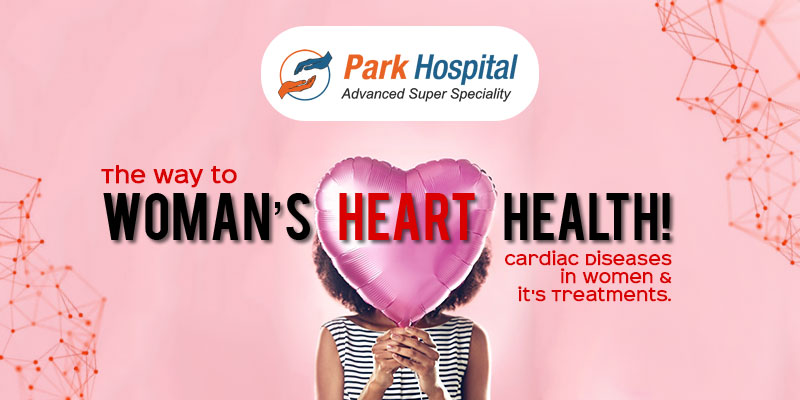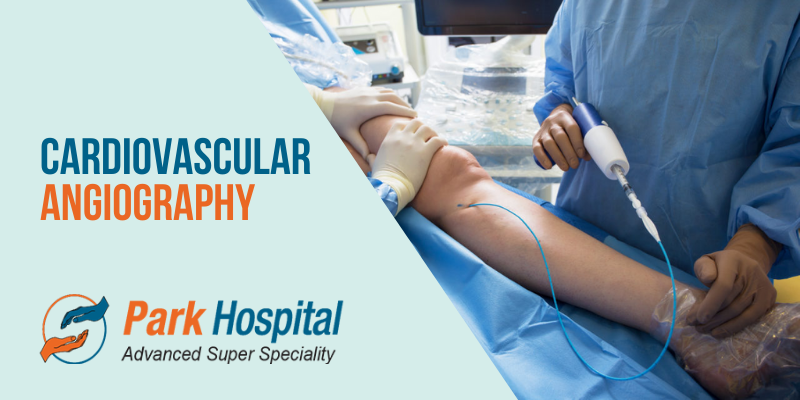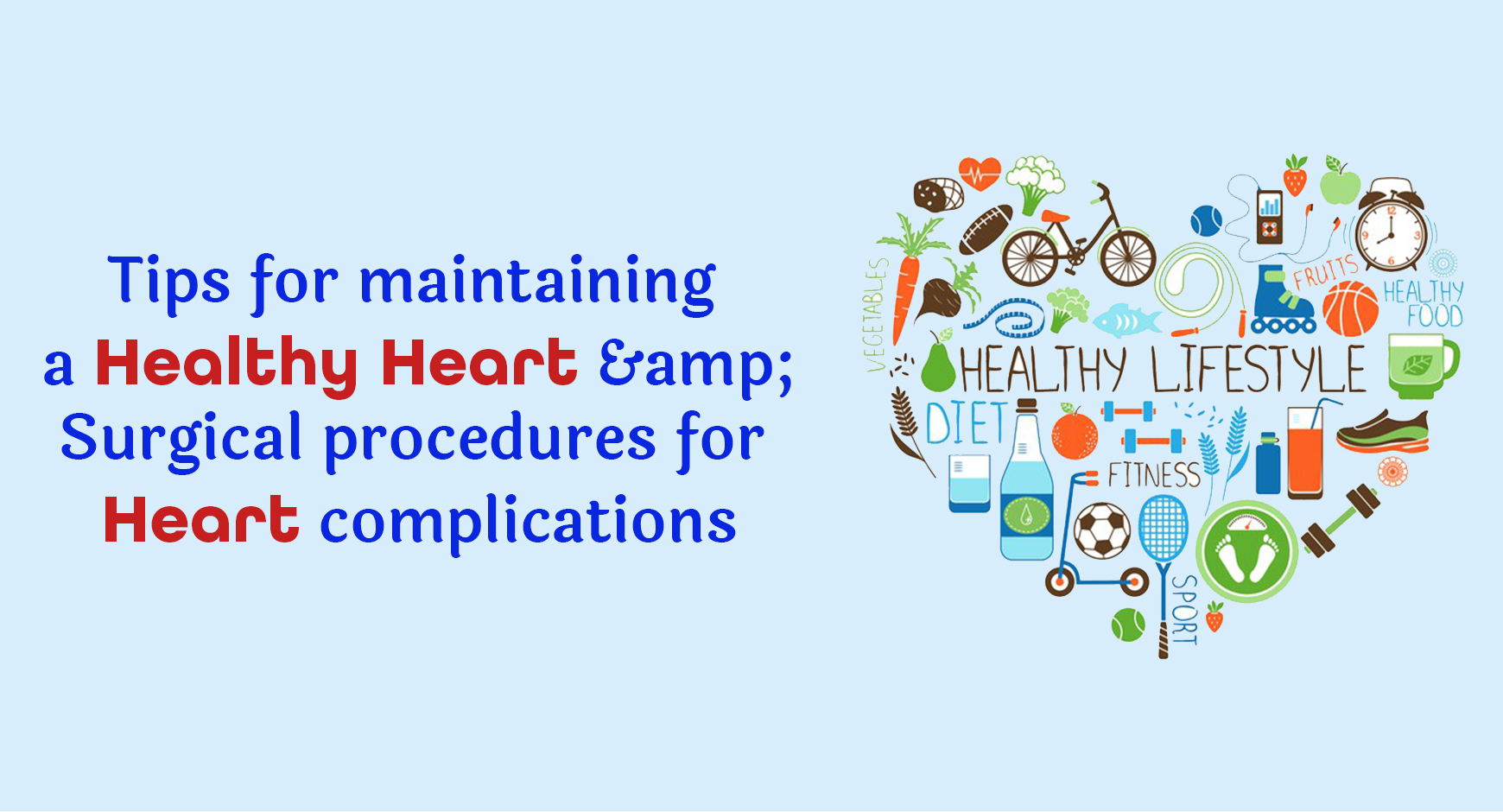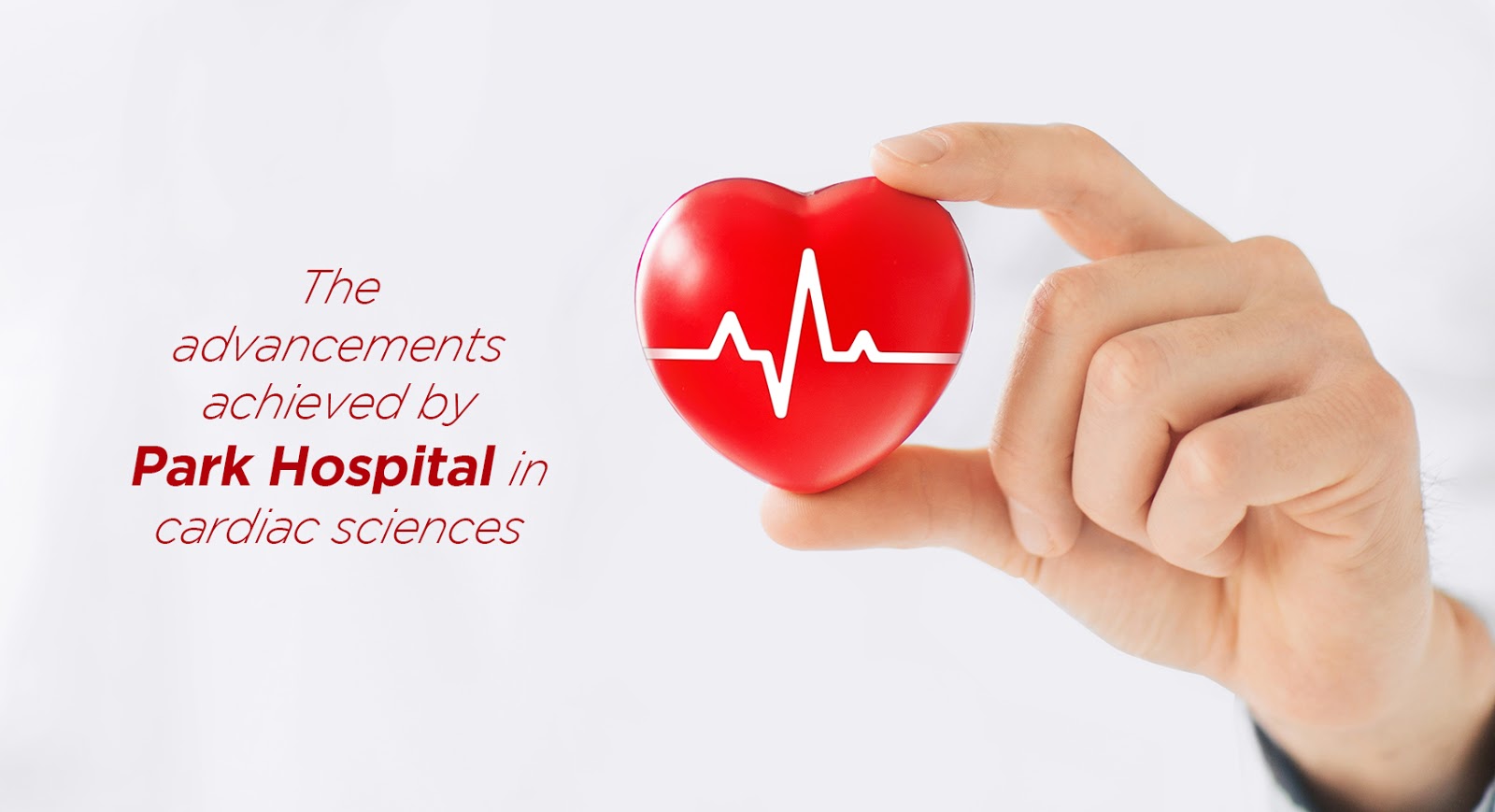Heart blockage is a phrase widely used by patients to describe coronary artery disease, a buildup of plaque that causes constriction of the arteries that feed blood to the heart muscle. If the blockage is significant enough, it can prevent the muscle from receiving the blood it requires to function, especially when increased blood flow is necessary, like while exercising. These conditions might even lead to the need for you to look for a cardiac surgery hospital.
Crushing pain in the chest is the most commonly noticed symptom of heart blockage. But did you know about subtle hints your body gives which are often misunderstood as indigestion or common pain? This is why it's important to be aware of the signs indicating a heart blockage.
Warning signs of Heart Problems
Different heart problems have different onset of symptoms. Keep an eye on these subtle hints your body might be giving. If you notice any of these symptoms get in touch with the expert cardiologists at Park Hospital.
Fatigue
Fatigue is a normal condition that could arise due to a variety of ailments. But if you are feeling extreme tiredness, especially after doing bare minimum activities, or unexplained fatigue then it could be a sign of heart problems like blockage or problems with the heart valve.
Shortness of Breath
It's normal to be a little winded if someone is carrying excess weight or has had a long run. But heart disease could be possible in case of those who run out of breath often. If you are experiencing the same, don't delay and seek immediate medical assistance to prevent the situation from worsening.
Jaw Pain
If your jaw pain is severe, worsening, or chronic, you should see your doctor or dentist as soon as possible. Face or jaw discomfort that intensifies when the individual utilizes their mouth (pain could range from a dull ache to a sharp, stabbing sensation) which could be anginal equivalent. Jaw discomfort in the morning might be an indication of referred pain and serves as a warning sign that you are at risk. Because your blood is thicker at this time of day, your blood pressure rises. This also increases the risk of a heart attack.
Change in the exercise routine
Some people are fond of fitness and are able to follow a vigorous fitness regime. If you are one of them and have recently noticed a drop in your ability to perform exercises it is worth talking to your doctor about this change, as it could be a sign of an underlying condition.
Digestive issues
Nausea, vomiting, stomach pain, and lightheadedness are very commonly misunderstood as signs of indigestion. Excessive indigestion, heartburn, or burping might potentially indicate a heart blockage or other heart problem. This is due to the vicinity of the heart, throat, and stomach. Did you know that indigestion could be mimic of coronary heart disease.
Poor Sleep
Have your bed-partners complained about you snoring in the night or you suddenly wake up in the middle of the night? Your bad night's sleep might be due to heart disease. While everything is normal, your blood flow and heart rate fluctuate when you sleep. If something is wrong, it may be waking you up at 1 a.m. Heart failure can induce sleep apnea or fluid buildup in the lungs, and arrhythmia can make your heart race, both of which can disrupt your sleep.
Swelling
Swelling, particularly in the legs, ankles, or feet, might indicate heart failure. When your heart isn't working properly, blood flow slows and backs up in your leg veins. Fluid accumulates in your tissues as a result of this. You can also have stomach swelling or gain weight. If you've inflated up to the point that your finger leaves an impression when you touch your body, it's time to see a doctor.
Leg Cramps
Many individuals dismiss leg discomfort while walking as a natural part of aging or as normal muscle pain which occurred due to bad positioning of the leg. However, specialists caution that it might be an indication of something far more severe.
Cramps can be a sign of Peripheral Artery Disease (PAD), which can jeopardize heart and brain function. Pain is caused by fatty deposits in the arteries of the leg, which obstruct blood flow to the muscles as well as the arteries that support the heart and brain in people. A person with PAD is considerably more likely to suffer a heart attack or a stroke as a result of this.
Ending Up!
Heart problems can arise at any point, and conditions like heart blockage can lead to heart attack. The major contributing factors could be unhealthy lifestyle choices and poor diet management. Let�s be vigilant and cautious towards our hearts. If you or your loved ones are experiencing any similar symptoms, get in touch with the Park Group of Hospitals. We are one of the best heart hospitals in Gurgaon offering the best heart treatments including best heart treatments with the help of skilled cardiologists and trained nurses.

